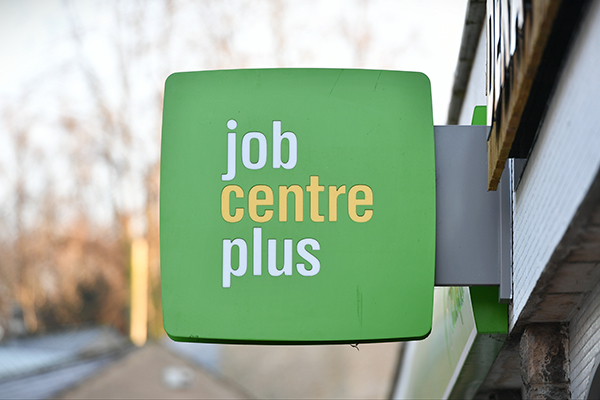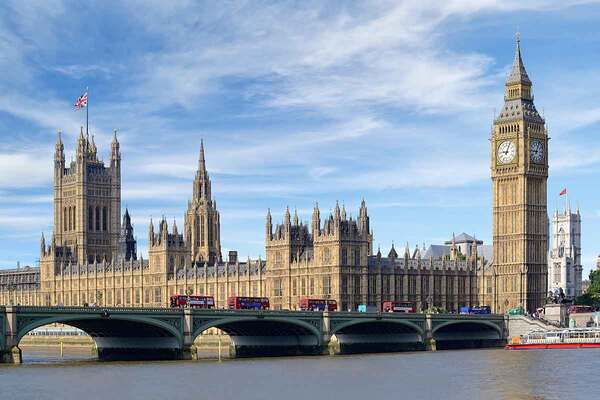Moody’s: associations can mitigate ‘material operational effects’ of coronavirus
Credit ratings agency Moody’s has said that it expects coronavirus to cause “material operational effects” on UK housing associations, but that strengthened liquidity from reduced spend on development and repairs will enable them to mitigate it.
In a research update this morning, Moody’s said that increased arrears and bad debt as unemployment rises would hit housing associations’ (HAs) income. It expects the crisis to lead to an unemployment rate of 6.5 per cent by the end of 2020, with HAs facing rent arrears as newly unemployed tenants transition to receiving benefits.
However, it added: “Of rated HAs, a median of 38 per cent of social housing letting income was paid through the benefits systems in fiscal 2019, and is therefore currently not at risk.
“We do not expect UK HAs’ core business – the provision of rented social housing – to face a deterioration in demand, as waiting lists for social housing remain long, and demand is likely to increase further given the expected rise in unemployment.”
The agency said that HAs would be able to mitigate losses through savings on non-essential repairs and maintenance, as well as “stability in voids”, as tenants are unable to move home during the period of government restrictions.
Analysis by Moody’s suggests that a 75 per cent reduction in repairs and maintenance costs for rated HAs in the 2021 financial year would absorb £1.1bn in arrears and bad debts, or 14 per cent of expected social housing letting income.
It said that while deferring maintenance would be likely to lead to statutory non-compliance and repairs backlogs, it expects the Regulator of Social Housing to be flexible under the circumstances.
Development
Moody’s said that the postponement of development programmes would also bolster HAs’ liquidity positions.
It said: “Given the spread of the coronavirus, most rated HAs have temporarily halted the majority of their development programmes and are evaluating uncommitted and non-contracted development schemes. This will reduce their forecast net capital expenditure in fiscal 2021, consequently freeing up liquidity that would otherwise have been allocated for delivering new units.
“HAs will be able to redirect these funds towards mitigating the adverse effects of the coronavirus, which include lower forecast rental income from planned new homes, growing rent arrears as unemployment rises among tenants, and lower market sales due to reduced sales activity and a bearish housing market.”
Sales
Moody’s said hindered sales activity and dampened prices would mean lower market sales receipts than had been forecast. It said that unsold market sale units would result in a rise in impairments, and potentially
lower surpluses in fiscal 2021.
While HAs with a large stock of unsold properties could mitigate the impact of impairments by changing the tenure to rented homes, or undertaking a bulk sale, either of these approaches “would generate lower-than-expected cash flows”, it noted.
Moody’s said that rated HAs have sufficient liquidity at present to cover a median of 1.52x their forecast spending needs over the next two years. It cited “strong internal governance and treasury management policies”, as well as previous efforts by the majority of rated HAs to secure funding and credit lines ahead of Brexit.
A new government scheme, the ‘Covid Corporate Financing Facility’ (CCFF), would also further strengthen the liquidity positions of HAs that qualify, it said, adding that “so far, some HAs have qualified for CCFF”.
The update from Moody’s comes after Fitch last week moved four HAs to a negative outlook following its decision to downgrade the UK sovereign rating.
A2Dominion, Great Places, Hyde and L&Q all saw their outlook move downwards on 1 April, but remained on A+ ratings.
However, in a fuller update later the same day, Fitch said it does not expect any immediate negative rating actions due to the near-term impact of the coronavirus outbreak on most of the sectors it covers, including public transport, healthcare/NHS, higher education, social housing and local authorities.
Standard & Poor’s has said it will be taking a case-by-case approach to HAs and the potential impact of coronavirus, considering factors such as the location of properties, type of tenant base and exposure to sales or care activities.
RELATED








